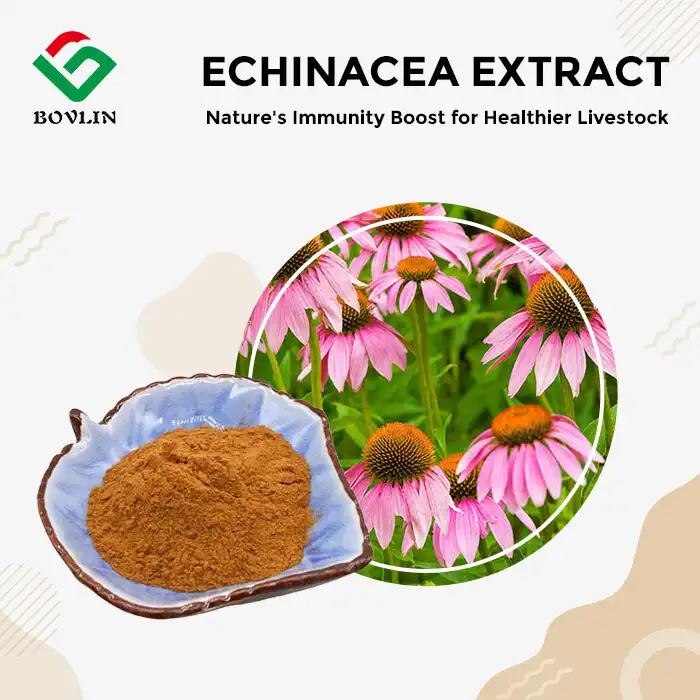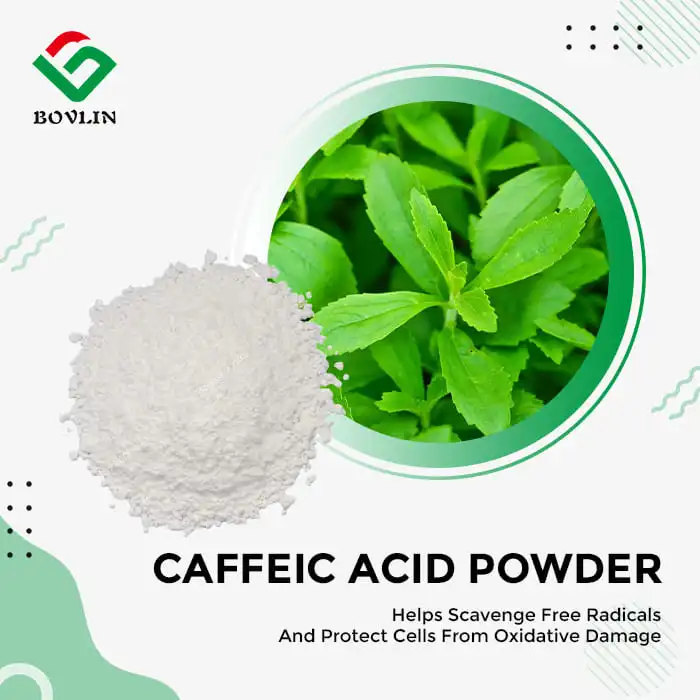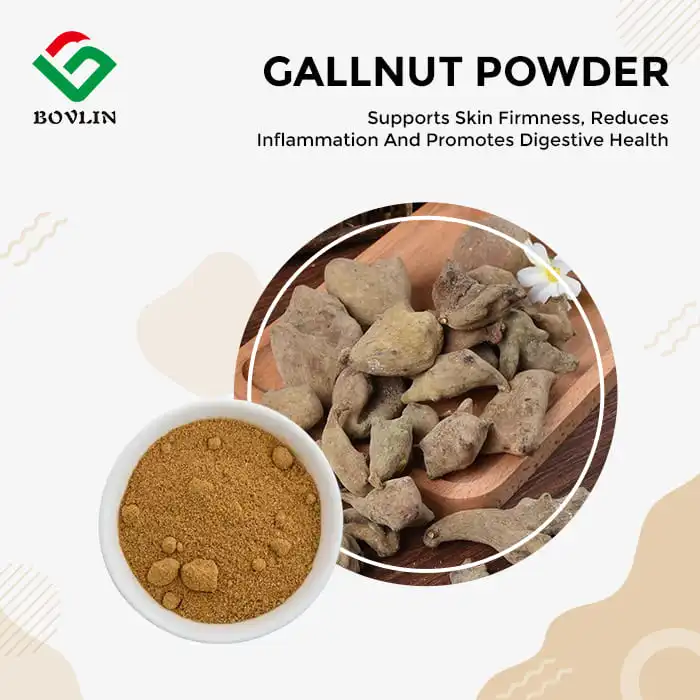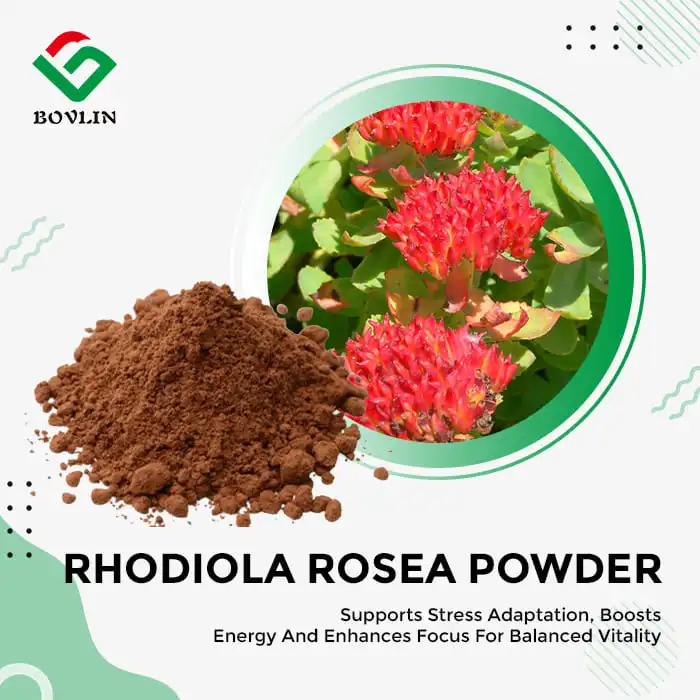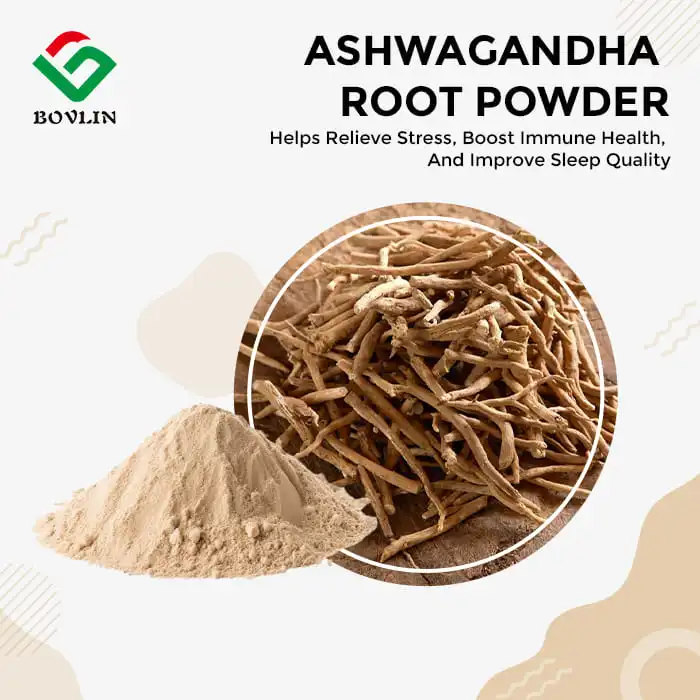How Bitter Melon Peptide Helps Regulate Blood Sugar?
Maintaining stable blood sugar levels is a critical concern for industries developing health-focused products, especially in the realm of functional foods and nutraceuticals. Bitter melon peptide, derived from the Momordica charantia plant, has emerged as a potent natural ingredient revered for its glucose-regulating properties. This bioactive compound works by enhancing insulin sensitivity, stimulating glucose uptake in cells, and inhibiting enzymes that break down carbohydrates into sugars. By integrating bitter melon peptide into product formulations, manufacturers can offer innovative solutions that support metabolic health. Shaanxi Bolin Biotechnology Co., Ltd., a pioneer in plant extract innovation since 2012, harnesses the power of this natural ingredient to deliver sustainable, science-backed solutions for global enterprises aiming to address blood sugar management challenges.
What Mechanisms Allow Bitter Melon Peptides to Control Glucose Levels?
Bitter melon peptides have garnered attention in the scientific community for their multifaceted approach to glucose regulation, making them a valuable asset for manufacturers developing health-oriented products. These bioactive compounds, extracted from the bitter melon fruit, exhibit properties that influence several physiological pathways. Understanding these mechanisms is pivotal for enterprises aiming to create effective, evidence-based formulations.
Activation of Insulin Signaling Pathways
One of the primary ways bitter melon peptides exert their effects is by enhancing insulin signaling. These peptides interact with cellular receptors, promoting the translocation of glucose transporters to the cell membrane. This action facilitates glucose uptake, ensuring that sugar is efficiently utilized by cells rather than accumulating in the bloodstream. For manufacturers, this mechanism underscores the potential of bitter melon peptides as a cornerstone ingredient in products targeting metabolic health.
Inhibition of Glucose-Producing Enzymes
Another remarkable attribute of bitter melon peptides is their ability to inhibit enzymes such as alpha-glucosidase and alpha-amylase, which are responsible for breaking down complex carbohydrates into simple sugars. By slowing this process, these peptides reduce the rate of glucose absorption in the intestines, thereby preventing sudden spikes in blood sugar levels. This property is particularly beneficial for enterprises formulating functional foods or supplements aimed at supporting steady glucose levels, offering a natural alternative to synthetic enzyme inhibitors.
Enhancement of Pancreatic Function
Bitter melon peptides also contribute to pancreatic health, a crucial aspect of glucose regulation. These compounds have been shown to protect beta cells in the pancreas, which are responsible for insulin production. By preserving beta cell integrity and function, bitter melon peptides help maintain consistent insulin secretion, a vital factor for metabolic balance. For high-tech enterprises, this mechanism highlights the potential of bitter melon peptides in developing products that support long-term pancreatic health, catering to industries focused on sustainable health solutions.
Clinical Evidence Supporting Bitter Melon Peptide for Diabetes Management
The efficacy of bitter melon peptides in glucose regulation is not merely theoretical; a growing body of clinical research substantiates their value. For high-tech enterprises, leveraging this scientific evidence is essential to create credible, market-ready products. The following sections delve into key studies and findings that affirm the role of bitter melon peptides in diabetes management, offering manufacturers a robust foundation for product development.
Studies on Glucose Uptake and Insulin Sensitivity
Research has demonstrated that bitter melon peptides significantly enhance glucose uptake in cells, a critical factor in managing blood sugar levels. A study involving cellular models revealed that these peptides upregulate the expression of glucose transporters, thereby improving insulin sensitivity. This finding is particularly relevant for enterprises developing supplements or functional foods, as it provides a scientific basis for claims related to metabolic health. The ability to improve insulin sensitivity positions bitter melon peptides as a valuable ingredient in products targeting industries focused on diabetes management.
Investigations into Enzyme Inhibition
Clinical investigations have also explored the enzyme-inhibitory effects of bitter melon peptides, particularly their impact on alpha-glucosidase and alpha-amylase. A trial conducted on animal models showed that these peptides effectively reduced postprandial glucose spikes by slowing carbohydrate digestion. This evidence is invaluable for manufacturers aiming to formulate products that offer sustained glucose control, as it highlights the potential of bitter melon peptides to complement existing health solutions. Such findings can be leveraged to create targeted marketing strategies that emphasize scientific validation.
Long-Term Effects on Pancreatic Health
Beyond immediate glucose regulation, bitter melon peptides have shown promise in supporting long-term pancreatic health. A longitudinal study on animal models indicated that regular administration of these peptides led to improved beta cell function and reduced oxidative stress in the pancreas. This protective effect is crucial for enterprises developing products aimed at chronic conditions, as it underscores the sustainability of bitter melon peptides as a functional ingredient. For global manufacturers, this evidence supports the creation of innovative formulations that address both immediate and prolonged metabolic challenges.
Integration of Bitter Melon Peptide in Functional Foods and Supplements
The versatility of bitter melon peptides makes them an ideal candidate for integration into a wide range of functional foods and supplements. For high-tech enterprises, this adaptability opens up opportunities to innovate and cater to diverse market demands. Shaanxi Bolin Biotechnology Co., Ltd., with its expertise in plant extracts, is at the forefront of this trend, offering manufacturers high-quality bitter melon peptide solutions to enhance their product portfolios.
Incorporation into Functional Beverages
Functional beverages represent a burgeoning market, and bitter melon peptides can be seamlessly integrated into formulations such as herbal teas, health drinks, and fortified juices. These peptides can be combined with other natural ingredients to create synergistic effects, enhancing both efficacy and consumer appeal. For manufacturers, the inclusion of bitter melon peptides in beverages offers a way to address the growing demand for convenient, health-focused products. The stability of these peptides in liquid formulations ensures that their bioactivity is preserved, making them a practical choice for large-scale production.
Development of Dietary Supplements
Dietary supplements are another promising avenue for the application of bitter melon peptides. These peptides can be encapsulated into tablets, capsules, or powders, providing manufacturers with flexible options to meet varying market needs. The ability of bitter melon peptides to support glucose regulation makes them particularly suitable for supplements targeting metabolic health. Enterprises can leverage this ingredient to develop products that stand out in a competitive market, emphasizing the natural origin and scientific backing of their formulations. The expertise of Shaanxi Bolin Biotechnology Co., Ltd. ensures that these peptides meet stringent quality standards, facilitating their use in premium supplement lines.
Application in Functional Food Products
Beyond beverages and supplements, bitter melon peptides can be incorporated into a variety of functional food products, such as energy bars, meal replacement shakes, and fortified snacks. Their mild flavor profile allows for easy integration without compromising taste, a critical factor for market acceptance. For manufacturers, this versatility enables the creation of innovative products that cater to health-conscious industries. The use of bitter melon peptides in functional foods not only enhances nutritional value but also aligns with global trends toward natural, plant-based solutions, positioning enterprises as leaders in the health and wellness sector.
Conclusion
Bitter melon peptide stands out as a scientifically validated, natural ingredient for regulating blood sugar, offering high-tech enterprises a powerful tool to innovate in the functional food and supplement markets. Its mechanisms - enhancing insulin sensitivity, inhibiting glucose-producing enzymes, and supporting pancreatic health - provide a multifaceted approach to metabolic wellness. Backed by clinical evidence, this plant-derived compound enables manufacturers to develop credible, effective products that meet global demands for sustainable health solutions. Shaanxi Bolin Biotechnology Co., Ltd. remains committed to delivering premium-quality bitter melon peptide, empowering industries to create formulations that drive health and business success.
Contact Us
Are you a manufacturer or enterprise looking to harness the power of bitter melon peptide in your next product innovation? Contact Shaanxi Bolin Biotechnology Co., Ltd. at sales1@bovlin.com to explore how our high-quality plant extracts can elevate your formulations and meet the needs of health-conscious markets worldwide.
References
Joseph, B., & Jini, D. (2013). Antidiabetic effects of Momordica charantia (bitter melon) and its medicinal potency. Asian Pacific Journal of Tropical Disease, 3(2), 93-102.
Ahmad, N., Hassan, M. R., & Halder, H. (2014). Bitter melon (Momordica charantia) as a potential nutraceutical for diabetes management. Journal of Diabetes Research, 2014, 1-10.
Chao, C. Y., & Huang, C. J. (2017). Bitter melon bioactives and their role in glucose homeostasis. Food Chemistry, 225, 181-189.
Leung, L., Birtwhistle, R., & Kotecha, J. (2016). Anti-diabetic and hypoglycemic effects of bitter melon extracts: A review of clinical evidence. Canadian Journal of Diabetes, 40(5), 352-360.
Xu, J., Cao, K., & Liu, X. (2019). Bioactive peptides from bitter melon and their impact on metabolic syndrome. Journal of Functional Foods, 54, 123-130.
Habicht, S. D., Ludwig, C., & Yang, R. (2018). Momordica charantia peptides: Mechanisms of action in glucose regulation. Phytotherapy Research, 32(10), 1876-1884.

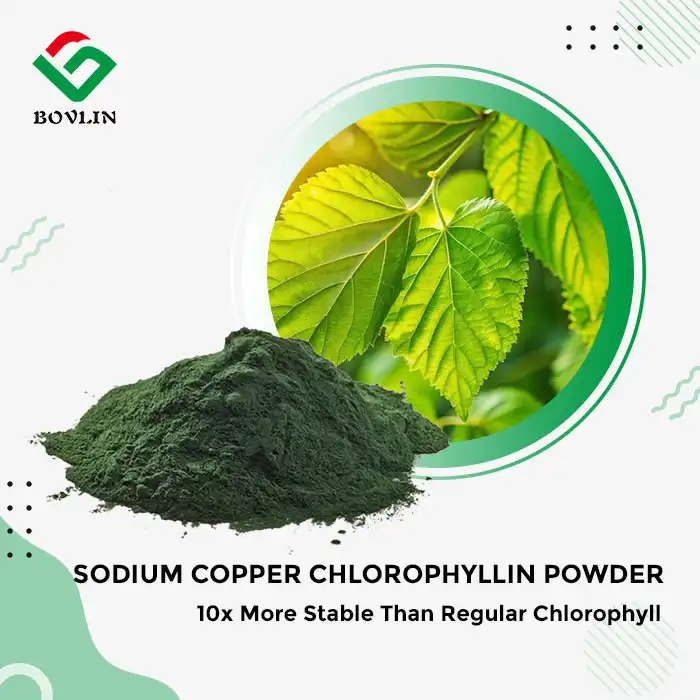
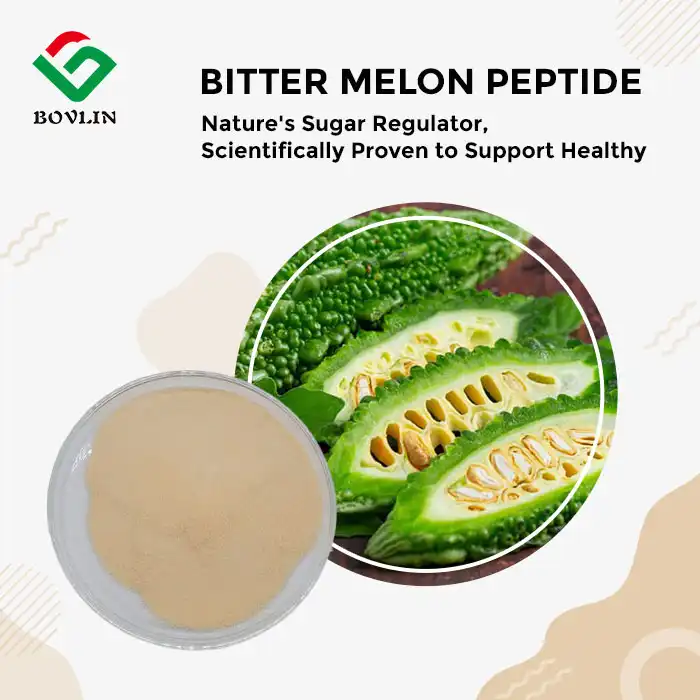
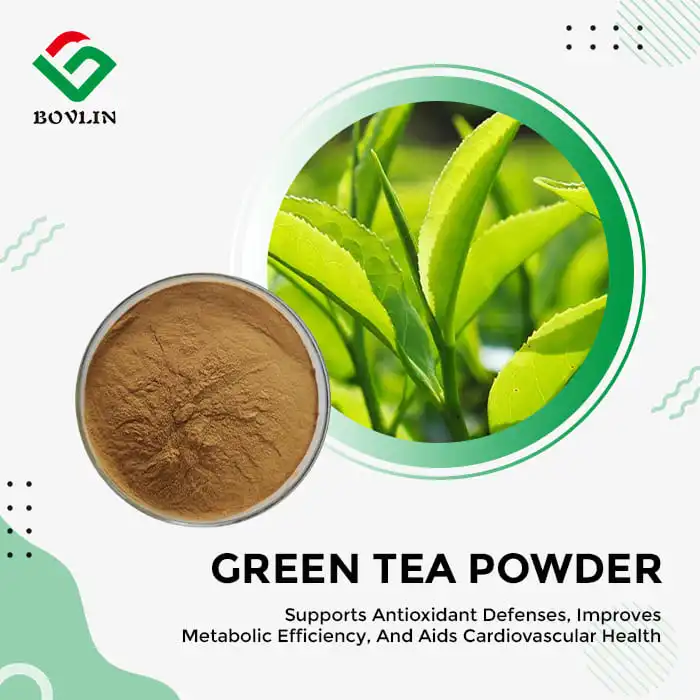




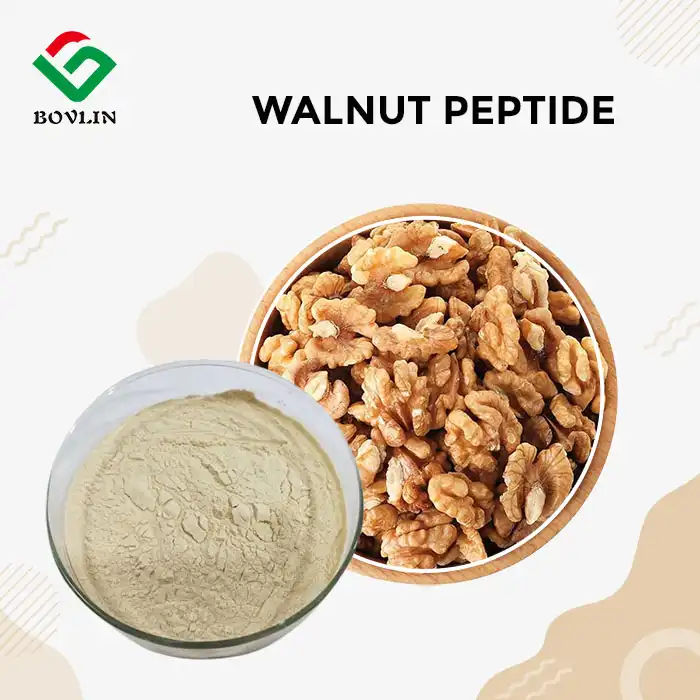
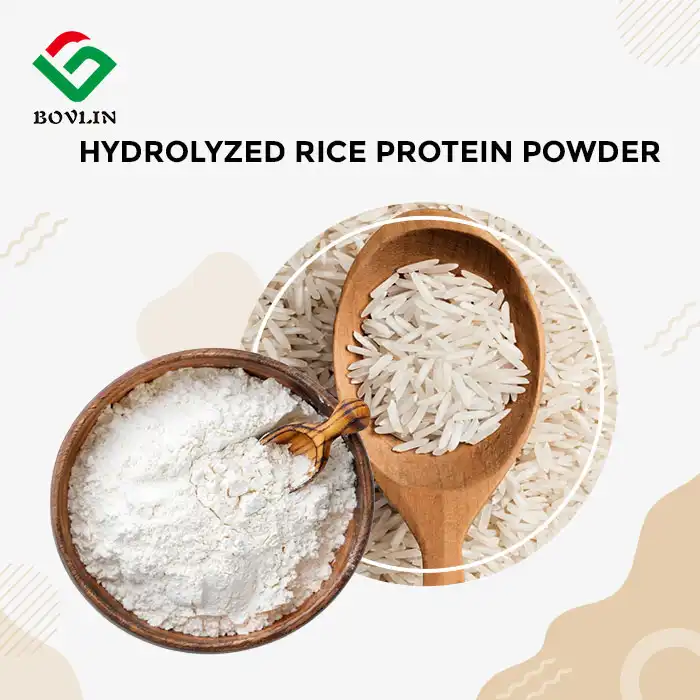
_1750313639734.webp)
